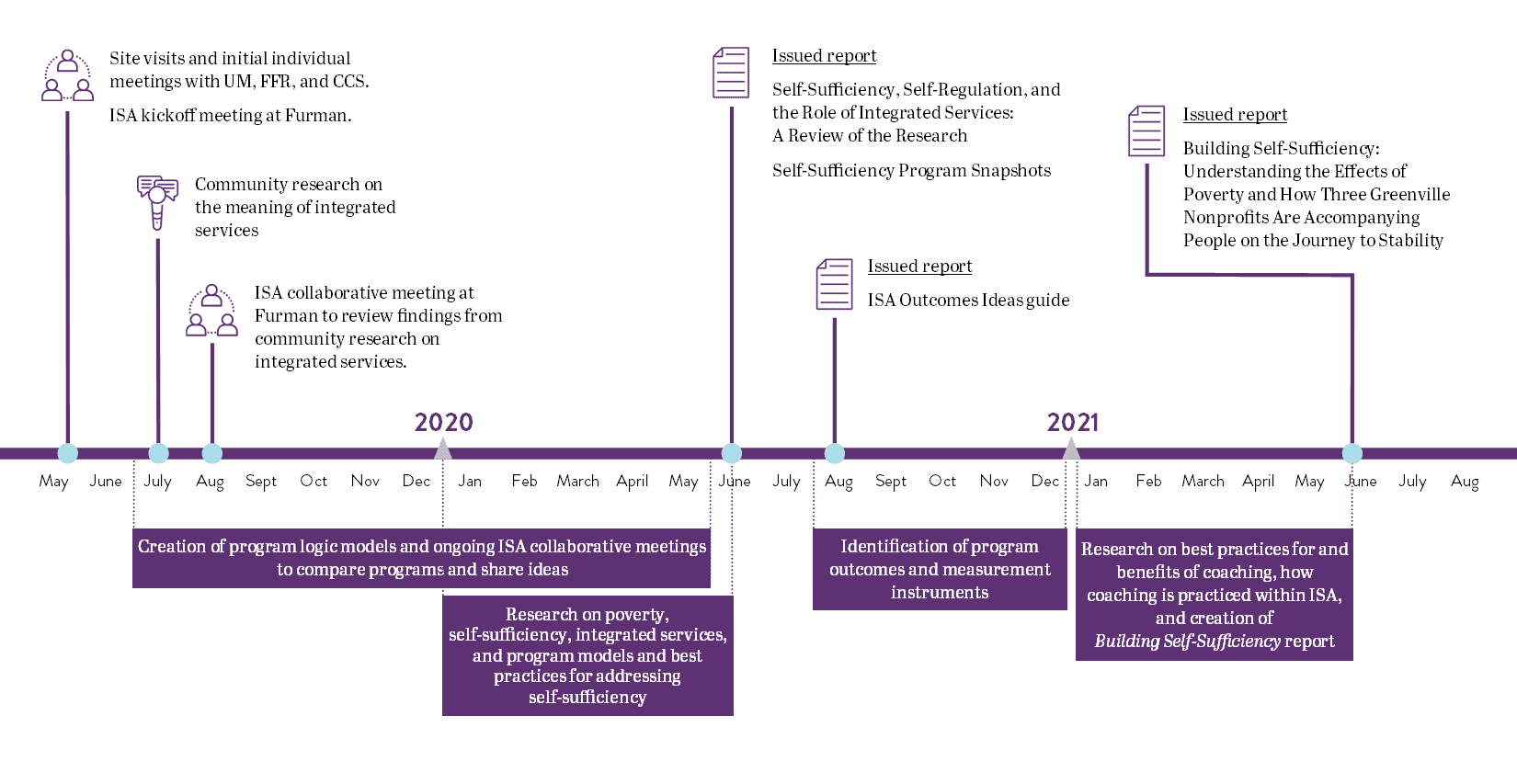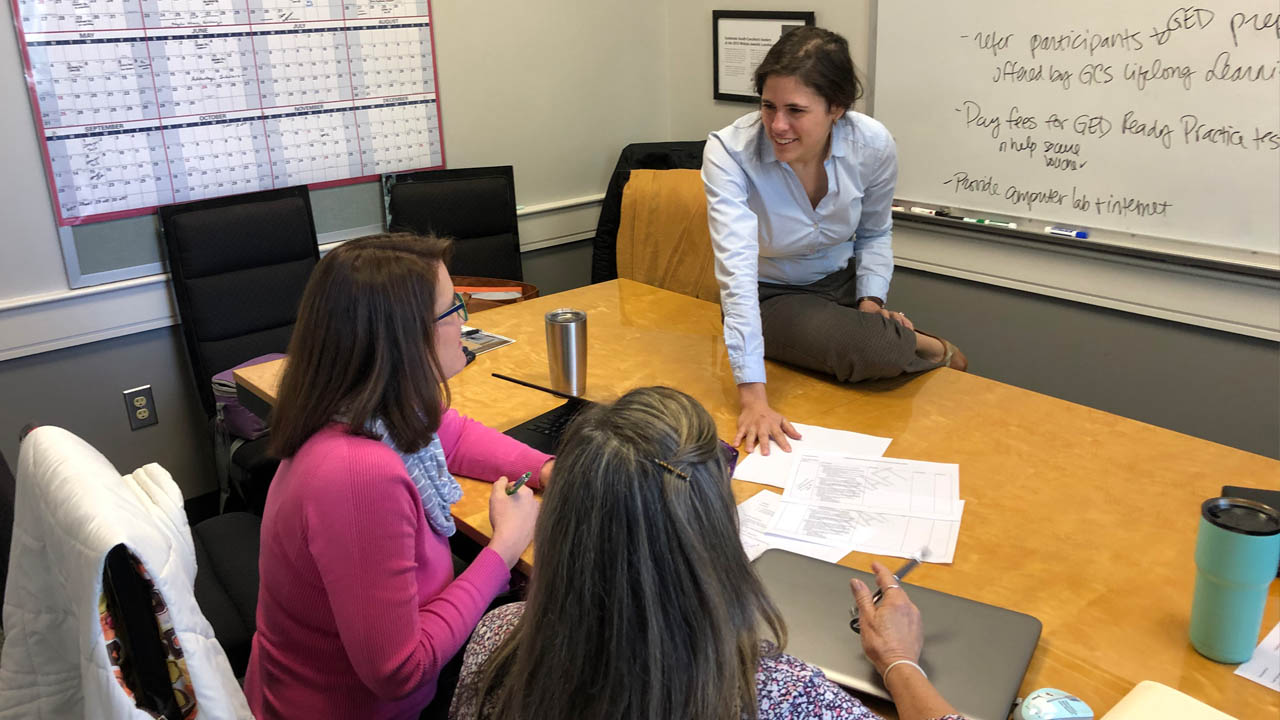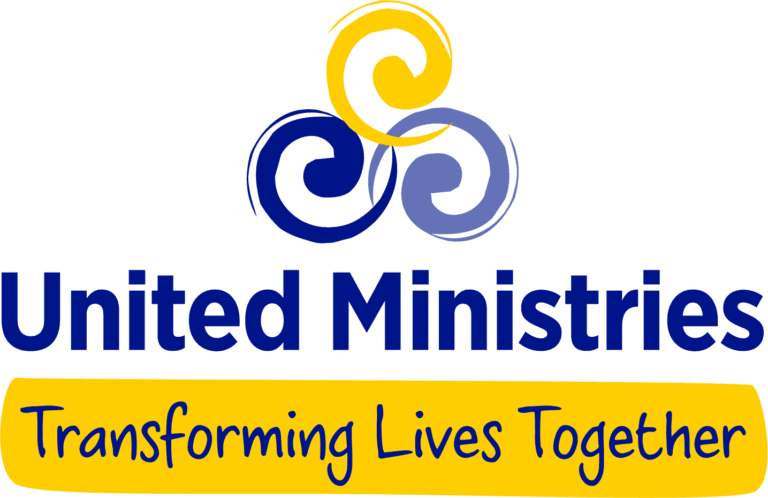People in need of social services often face a siloed sector, with little coordination among the organizations and programs who serve those seeking self-sufficiency. Integrated services is a strategy for breaking down these silos and simplifying access to a range of benefits and programs across traditional service domains.
From June 2019 through June 2021, the Riley Institute conducted a comprehensive study funded by the Graham Foundation of frontline work in integrated services to identify best practices for supporting individuals pursuing self-sufficiency. Three local organizations — United Ministries, Foothills Family Resources, and Center for Community Services — joined efforts in an Integrated Services Alliance (ISA) to explore and compare their program designs against each other and recent research.
Building Self-Sufficiency is the result of the two-year study. The findings of this report, issued in June 2021, challenge the traditional understanding of how nonprofit organizations can help people navigate a path out of poverty and suggest innovative ways to measure the outcomes of programs that accompany people on the journey to self-sufficiency.
Click here to view a list of sources from the Building Self-Sufficiency report that are in the public domain.
The Study
The study proceeded in two phases.
In Phase 1, the Riley Institute worked with each organization individually to create program logic models and convene group meetings to discuss similarities and differences in program design. In addition, the Riley Institute delved into and summarized the latest research on poverty, self-sufficiency, and integrated services in an internal report issued to ISA and the Graham Foundation in June 2020.
In Phase 2, the Riley Institute guided each organization through a critical review of their current program outcomes with an eye towards setting outcomes more aligned with and representative of their intended impacts. Having identified coaching of participants as the key feature shared by all three organizations’ self-sufficiency programs, the Riley Institute reviewed the latest research on coaching and, combining it with the earlier internal report on poverty, self-sufficiency, and integrated services, created a public-facing report—Building Self-Sufficiency: Understanding the Effects of Poverty and How Three Greenville Nonprofit Organizations Are Accompanying People on the Journey to Stability.
See below for a full timeline detailing the progression of the study.



 The Center for Community Services
The Center for Community Services
 Founded in 1970 to meet the crisis needs of Greenville County residents,
Founded in 1970 to meet the crisis needs of Greenville County residents,